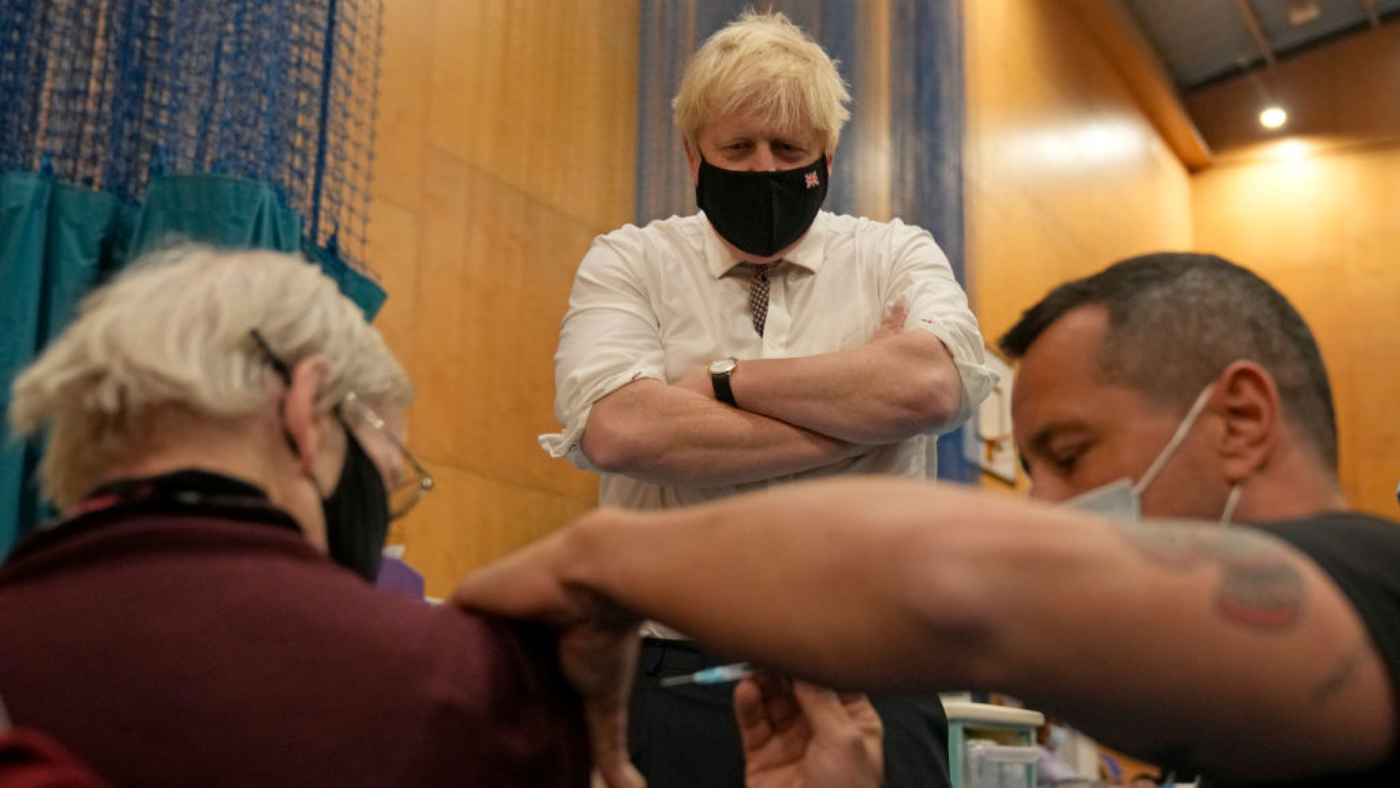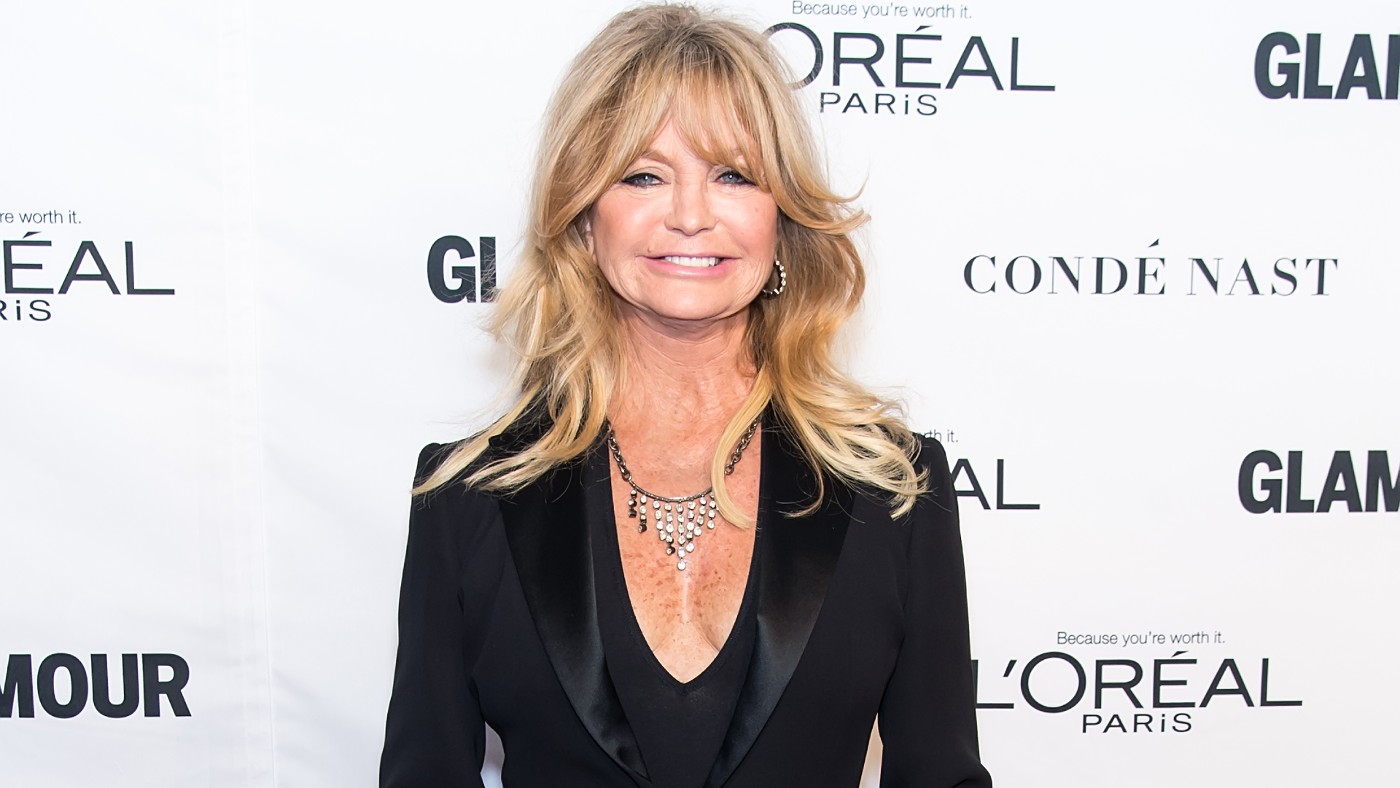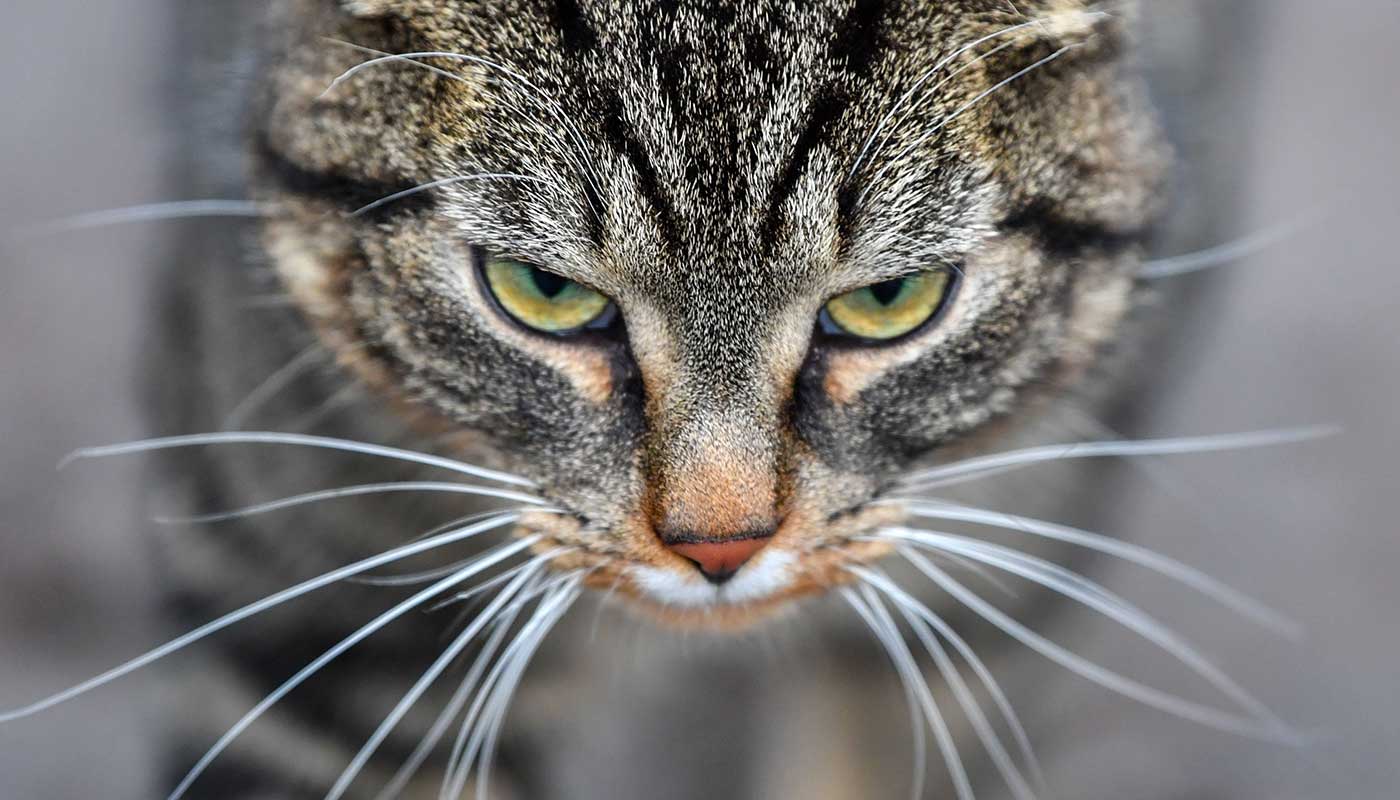‘Government should stick to its guns on Plan B’
Your digest of analysis from the British and international press

A free daily email with the biggest news stories of the day – and the best features from TheWeek.com
You are now subscribed
Your newsletter sign-up was successful
1. It is too soon to reach for ‘Plan B’
The Telegraph editorial board
on standing firm
With Covid cases rising, it’s probably true that “the government will eventually be forced to reach for Plan B”, says The Telegraph. But for now, No. 10 “should stick to its guns”. The increase in coronavirus cases in England is what “always happens with any respiratory illness in the autumn”, and the number of deaths and hospitalisations is “mercifully fewer” than a year ago. Plan B should be “triggered in extremis”, not seen as “the first port of call”, but “there is a depressing inevitability about the current debate”, says the newspaper. Though the government can “point to statistics” that show mandatory measures on face masks and home working aren’t necessary, “Labour senses that the public is uneasy” and “has adopted a hard line once more”. If Plan B is enacted, the opposition “can then argue that it should have been done sooner”. The Telegraph warns that “this cynical ploy cannot be gainsaid” and so the government should hold off.
The Week
Escape your echo chamber. Get the facts behind the news, plus analysis from multiple perspectives.

Sign up for The Week's Free Newsletters
From our morning news briefing to a weekly Good News Newsletter, get the best of The Week delivered directly to your inbox.
From our morning news briefing to a weekly Good News Newsletter, get the best of The Week delivered directly to your inbox.
2. My Black friends fear calling the police. That’s why I’m taking on racism in the force
Abimbola Johnson for The Guardian
on the push for change
Abimbola Johnson says her friends called to check if she had “an exit strategy for if and/or when” she became exhausted by her new role as chair of the independent board overseeing the police’s action plan on inclusion and race. Writing in The Guardian, she says it is “a cynicism that I shared and remain acutely sensitive to” given discussions around racism in Britain typically follow a similar trajectory. “Calls are made for evidence to prove a problem that has been proven time and again,” writes Johnson, “and when that doesn’t work, the person raising the issue of racial disparity is attacked.” But the scrutiny role was formed from an initiative generated from within policing itself, writes Johnson, “a collaborative effort between national police chiefs and officers” that showed a “push for institutional change”. The board will “hold the police accountable”, and “work transparently”, focusing on long term change, she promises. Be assured, there’ll be “no hesitation” in “speaking out” against police failings “if I see them being repeated”.
A free daily email with the biggest news stories of the day – and the best features from TheWeek.com
3. Overhauling honours would be gold for the Tories
Clare Foges for The Times
on an easy win
“It’s not often the government is able to announce something that is cheap, popular and the right thing to do,” says Clare Foges in The Times. “Underlining the honour in the honours system is one such opportunity.” Though Foges - an OBE herself - enjoyed her day at Buckingham Palace, she says “prizes such as these must be more enjoyable if they feel well-deserved”. From the “puzzling” honouring of anyone from prime minister's spouses to sports stars, it's evident “a radical shake-up” is needed, and the Tories should seize”the opportunity. A new honours system “is not hard to imagine”; first, “scythe away the acronym jungle” to just one medal, the OBE. Next, update the terminology to dispose of the “original E-word”. “An order of British Excellence would work just as well,” writes Foges. And finally, abolish separate political appointments. Independent committees should draw up the lists, and work to “recognise the unrecognised” not “gild already gilded lives”.
4. The power of Carrie Johnson
Tanya Gold for UnHerd
on theatrical characters
The prime minister’s wife was formerly the Conservative Party’s director of communications - and “in spirit, if not title, she still is”, writes Tanya Gold at UnHerd. Without her, Boris Johnson “is only half a novel”, so “it is natural to be interested” in her. Indeed, “she is a clue to the mystery of Johnsonism”, which is “developing to be, besides fantastical and thrown together… lazily and instinctively corrupt”, says Gold. There is the Christmas Day bubble controversy, for example, “the gold wallpaper incident in the spring”, and reportedly “an informal culture of meetings and decisions via WhatsApp” that points to a “fear of accountability”, “another feature of Johnsonism”. Together, the pair “create the parallel universe” that is the crux of the phenomenon: “the country sees one thing, and he tells us we see something else”. Although Carrie Johnson is sometimes referred to as Lady Macbeth, this cannot be, when her husband is “so calculating a man”. Is she somewhere “closer to a naive supporter”, posits Gold. Perhaps, “Banquo”.
5. I hate Halloween but banning it in schools on religious grounds is odd
Stefano Hatfield for the i news site
on respectful restrictions
Halloween is “one of our more polarising celebrations”, writes Stefano Hatfield on the i news site. Some love it, some loathe it and yet in some schools you would not even know that it is taking place. The reason is that “Halloween has joined the ever-lengthening list of banned fun, because parents of one religious denomination or another object to its origins as a pagan festival”. Schools have banned Halloween this year “out of respect to other faiths, notably Islam and Judaism”, writes Hatfield. It’s “odd really” that we’re “super snooty about Halloween”, while there isn’t “the same strength of feeling against Christmas”, which also has roots in such traditions. There is another way of looking at the holiday; ultimately, Halloween is “just a bit of harmless fun”.
-
 Why are election experts taking Trump’s midterm threats seriously?
Why are election experts taking Trump’s midterm threats seriously?IN THE SPOTLIGHT As the president muses about polling place deployments and a centralized electoral system aimed at one-party control, lawmakers are taking this administration at its word
-
 ‘Restaurateurs have become millionaires’
‘Restaurateurs have become millionaires’Instant Opinion Opinion, comment and editorials of the day
-
 Earth is rapidly approaching a ‘hothouse’ trajectory of warming
Earth is rapidly approaching a ‘hothouse’ trajectory of warmingThe explainer It may become impossible to fix
-
 Triangle-headed aliens touched Goldie Hawn
Triangle-headed aliens touched Goldie HawnTall Tales And other stories from the stranger side of life
-
 ‘Irony’ as Zoom calls staff back to office
‘Irony’ as Zoom calls staff back to officefeature And other stories from the stranger side of life
-
 The U.S. veterinarian shortage crisis
The U.S. veterinarian shortage crisisSpeed Read With an anticipated shortage of 15,000 vets by 2030, it will be harder to get care for pets
-
 Boris Johnson shocks UK by resigning from Parliament
Boris Johnson shocks UK by resigning from ParliamentSpeed Read
-
 Company teaches mask-wearers to smile again
Company teaches mask-wearers to smile againfeature And other stories from the stranger side of life
-
 Bees delay flight for three hours
Bees delay flight for three hoursfeature And other stories from the stranger side of life
-
 Global happiness has been 'remarkably resilient' over the past three years
Global happiness has been 'remarkably resilient' over the past three yearsfeature
-
 Ministers considered killing all cats during pandemic
Ministers considered killing all cats during pandemicfeature And other stories from the stranger side of life